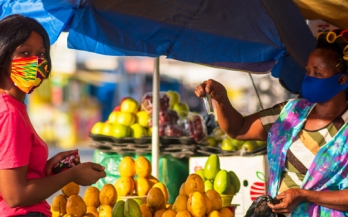

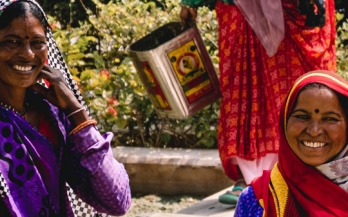
GAIN Interview Cruncher: Women entrepreneurs in food systems
Online Webinar, Global
With food systems being disrupted, economies collapsing and work, particularly that in the informal sector, disappearing what role can women leaders play in this field? In this session, viewers will meet some women, movers and shakers in the field of malnutrition and food systems. Namely as active contributors to SMEs.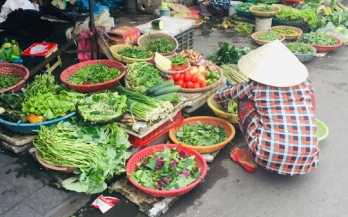
Funding nutritious food innovations - a how-to guide to approaching funders
- 26/02/2021
When funds are needed to support your organisation - either as an MSME or NGO - a clear, structured and effective approach is necessary. The goal of this guide is to help actors involved in securing funding to understand the process and to access tools that can be used during the different stages to secure funding.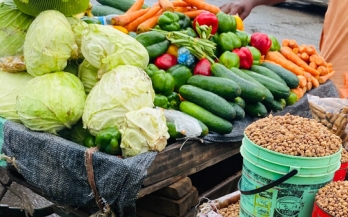
State Launch of EatSafe in Birnin-Kebbi, Nigeria
Online Webinar, Nigeria
Introduction of the EatSafe project, its objectives, activities, and strategies to food safety stakeholders in Kebbi State. EatSafe has been set up to generate evidence related to consumer-based demand interventions in order to shape informal markets to provide more safe food, to align with GAIN's objective to support better nutrition for all.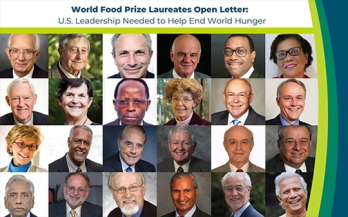
More global leadership in food and nutrition is sorely needed – the US can help lead the way
Until every child in the world goes to bed nourished properly, we cannot rest. Our food systems are moving us in the wrong directions: hunger levels are rising, undernutrition levels are at severe risk of rising, obesity is increasing, we are off track to meet climate targets, biodiversity is being squandered, not enough decent jobs are being created and community resilience is being undermined.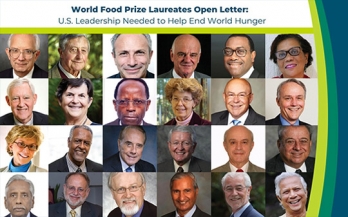
US leadership needed to end world hunger
24 World Food Prize Laureates from across the globe, dedicated to driving change in food systems, are calling on the leadership of the United States Administration to help end world hunger. The World Food Prize Laureates submitted an open letter to the President of the United States of America, Joseph R. Biden Jr., calling on the new Biden-Harris administration to help achieve the global goals on food.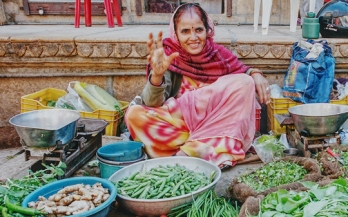
GAIN Interview Cruncher: Building our markets forward better
Online Webinar, Global
Keeping the food systems working during the pandemic is essential through our support to small and medium enterprises (SMEs) that produce, transport, process, and market most food for low-income consumers globally. The more so as people increasingly rely on traditional forms of retail. In fact over 90% of fruit and vegetable produced in low-income countries are sold by traditional small retailers.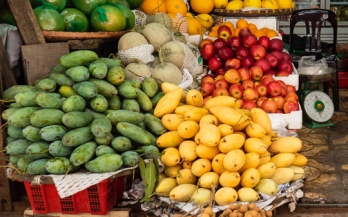
GAIN Interview Cruncher: Response to COVID-19 from food systems angle
Online Webinar, Global
On Thursday 18th February don’t miss the "GAIN Interview Cruncher- Response to COVID-19 from food systems angle" at 2pm CET. The webinar will host the experts to discuss the Keeping Food Markets Working initiative, what’s at stake and why this is so relevant in building our food systems forward better.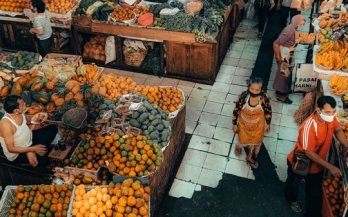
Food systems actions: charting the pathway through complexity
Food systems are notoriously complex. Many actors are involved, from subsistence farmers through to multinational corporations with more economic power than many small nations, and from informal ambulant vendors through supranational bureaucracies.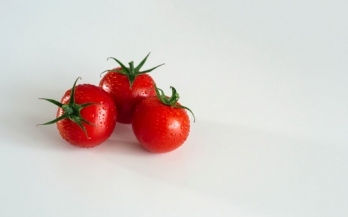
Business accountability for better nutrition
- 01/01/2021
With the Nutrition for Growth and United Nations Food Systems Summits scheduled in 2021, ambitious new multi-stakeholder commitments and actions are expected for better access to safe nutritious food. In 2019 the world was already off-track to achieve SDG2 - Zero Hunger - and the impact of the Covid-19 pandemic is expected to exacerbate this gap requiring stronger financing and actions for nutrition.